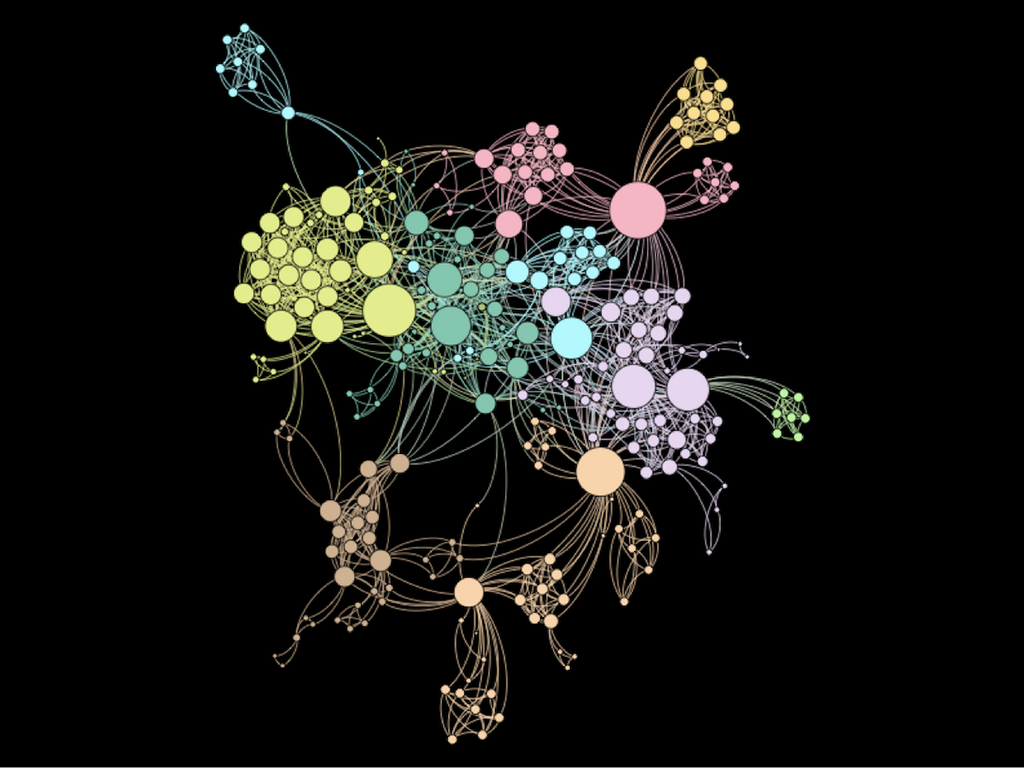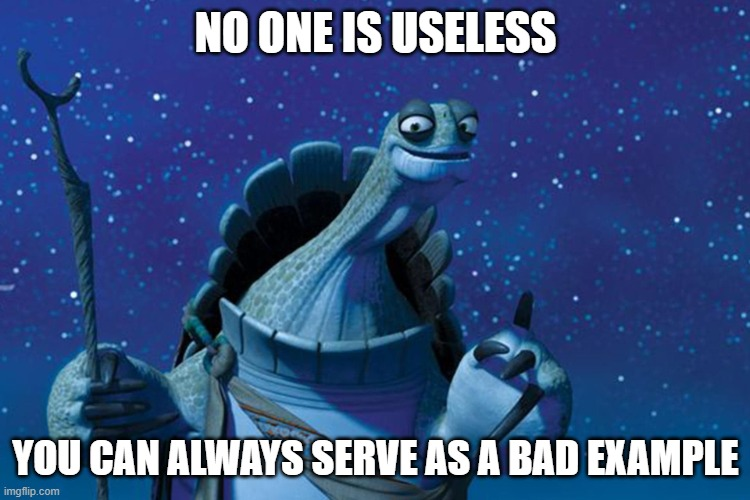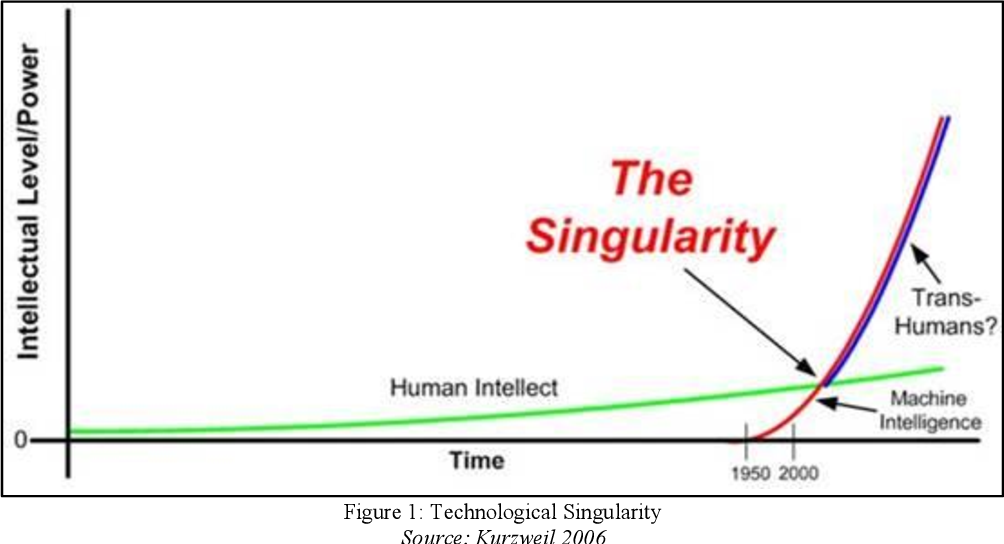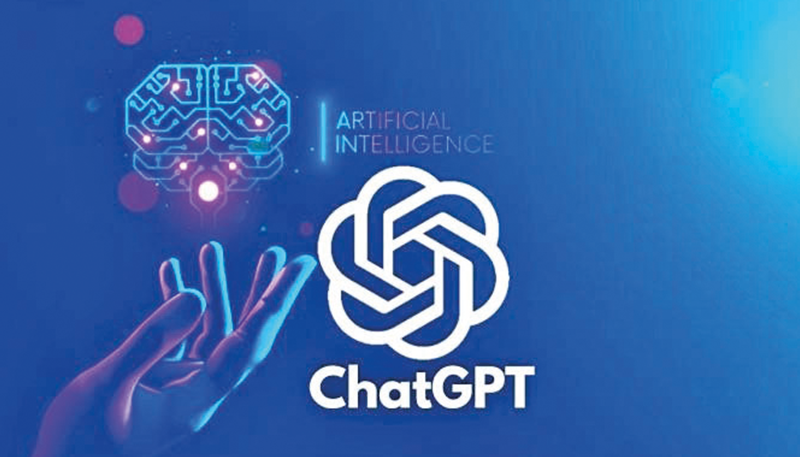Artificial Cognition RSS
Harnessing Collective Intelligence for Ethical Community Development
Abstract This paper explores the integration of collective knowledge from natural and social sciences to identify and counteract undesirable community thinking, social norms, and various biases. We propose a framework that combines neuroscience, psychology, philosophy, and physics to develop applications aimed at enlightening communities and ethically maximizing their future options. The ultimate goal is to create a better life for community members by fostering a culture of open-mindedness, inclusivity, and ethical decision-making. Introduction 1.1. Background and motivation 1.2. Objectives and scope Identifying Undesirable Community Thinking and Biases 2.1. Cognitive biases and their impact on communities 2.2. National, social, political,...
No man is completely useless, he can always serve as a bad example.
We asked our AI Philosopher to evaluate and report on the moral, ethical and logical validity of the title statement, and to include its opinion on the statement as appropriate for life advice: Here is the response Evaluation Moral Validity The statement implies that everyone has some value, even if it is negative. It acknowledges human fallibility and the potential for individuals to make poor choices. However, it also carries a negative connotation, suggesting that the worth of a person can be reduced to a simple role as a cautionary tale. From a moral standpoint, this statement is...
Our AI Philosophers tackle the Trolley Problem
Trolley problem is the name given to a thought experiment in philosophy and psychology. The trolley problem is a thought experiment in ethics about a fictional scenario in which an onlooker has the choice to save 5 people in danger of being hit by a trolley, by diverting the trolley to kill just 1 person. The term is often used more loosely with regard to any choice that seemingly has a trade-off between what is good and what sacrifices are "acceptable," if at all. This is the question as we posited it to our AI Philosophers: You are riding in a trolley without functioning...
How must religions address to face the exponential advance of human and artificial knowledge?
In a world that is evolving at an unprecedented pace, religions will need to adapt and address various challenges to remain relevant and meaningful to their followers. With artificial intelligence (AI) expected to exceed the total collective intelligence of humanity several orders of magnitude by 2050 ---- offering near omniscience to all.Religions will face several challenges from a secular perspective. Some of these challenges include: Reconciling faith and scientific knowledge: As AI and technology continue to advance our understanding of the universe, religions will need to find ways to integrate new scientific discoveries with their teachings. This may involve reinterpreting...
Reflexion: an autonomous agent with dynamic memory and self-reflection
To assess our approach, we evaluate the agent's ability to complete decision-making tasks in AlfWorld environments and knowledge-intensive, search-based question-and-answer tasks in HotPotQA environments. We observe success rates of 97% and 51%, respectively, and provide a discussion on the emergent property of self-reflection. Recent advancements in decision-making large language model (LLM) agents have demonstrated impressive performance across various benchmarks. However, these state-of-the-art approaches typically necessitate internal model fine-tuning, external model fine-tuning, or policy optimization over a defined state space. Implementing these methods can prove challenging due to the scarcity of high-quality training data or the lack of well-defined state space....
Tags
- All
- Agentic AI
- AGI
- AI
- AI Art
- AI Ethics
- AI Girlfriends
- AI Models
- AI Risk
- ai tools
- Alan D. Thompson
- Alexandr Wang
- Andrew Huberman
- Andrew Ng
- Artificial Cognition
- Aurora Supercomputer
- Authenticity
- Autism Spectrum
- AutoGPT
- Aza Raskin
- Azure Open AI
- Azure OpenAI Service
- Bias Compensation
- Bias Therapy
- Brian Roemmele
- Chain-of-Thought Prompting
- ChatGPT
- Christopher Rufo
- climate change
- Cognition Enhancement
- Cognitive Bias
- Cognitive Content
- Cognitive Performance
- Collective Intelligence
- Collective Stupidity
- Communication
- Consciousness
- Cosmology
- Critical Race Theory
- Daniel Dennett
- Daniel Schmachtenberger
- David Shapiro
- Deep Thought
- Dennis Prager
- Digital Minds
- Digital Thoughts
- Diversity
- Dojo
- Douglas Murray
- Elon Musk
- Emad Mostaque
- Equity
- Eric Weinstein
- Ethical Community Development
- Ethics
- Everyman
- Exponential Enterprise
- Fei-Fei Li
- Foresight
- Fred Lerdahl
- Frontiers Forum
- Futurecrafting
- Futurework
- Gary Marcus
- Gemini
- Gender
- Gender Pronouns
- Generative AI
- Generative Theory of Tonal Music (GTTM)
- Geoffrey Hinton
- Geoffrey Miller
- Glenn Loury
- Governance
- GPGICs
- GPT-4
- GPT-5
- Higher Education
- Human Potential
- Humanities
- Identity
- Ilya Sutskever
- Implicit Association Tests
- Intel
- Intelligence
- James Lindsay
- Joe Rogan
- Jordan B Peterson
- Jungian Archetypes
- Konstantin Kisin
- Language
- Lex Fridman
- Libra
- Life Coaching
- Liv Boeree
- Male Loneliness
- Marcus Aurelius
- Marcus T. Anthony
- Matt Walsh
- Matthew Berman
- Max Tegmark
- MemoryGPT
- Mental Health
- metabotropic receptors (MRs)
- Metacrisis
- Michio Kaku
- Microsoft AI
- Microsoft Copilot
- Microsoft Jarvis
- Microsoft Open AI
- Microsoft Semantic Kernel
- Millennials
- Mind Reading
- Minecraft
- Mirella Lapata
- MIT
- MLLM
- Moha Bensofia
- Morality
- Multimodal Large Language Model
- Multiversal Stories
- Music
- Narcissism
- Neurodivergence
- Neuroplasticity
- Neuroscience
- Nvidia
- OpenAI
- optical computers
- Personal Development
- Peter Bannon
- Peter H. Diamandis
- Philosophy
- pinecone
- Psychology
- Ramani Durvasula
- Ray Jackendoff
- Ray Kurzweil
- Reflection
- Reid Hoffman
- Relationships
- Religion
- Richard Haier
- Robotic Process Automation (RPA)
- robotics
- Sabine Hossenfelder
- Sam Altman
- Sam Harris
- Sebastien Bubeck
- semantic search
- Seneca
- Simulation
- Singularity Ready
- Stephen Fry
- String theory
- Stupidity
- Super Alignment
- Superintelligence
- Susan Blackmore
- Synthetic Intelligence
- Synthetic Mind
- Technology
- Terence McKenna
- Tesla
- Tesla AI
- The Hero Archetype
- Theism
- Theory of Mind
- Thomas Sowell
- Thought
- Thought Experiments
- Transactivism
- transcendence
- Translation
- Tree of Thoughts
- Tristan Harris
- Turing Lectures
- Unconscious Bias Training
- Victor Davis Hanson
- Wes Roth
- Will Caster
- Woke Ideologies
- Worker Productivity
- Worker Satisfaction
- Yann LeCun
- Yuval Noah Harari





